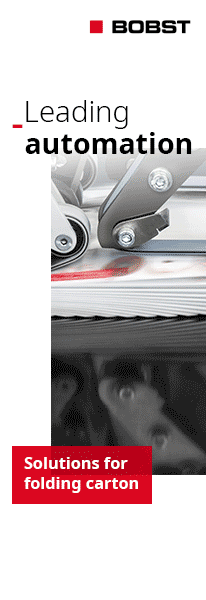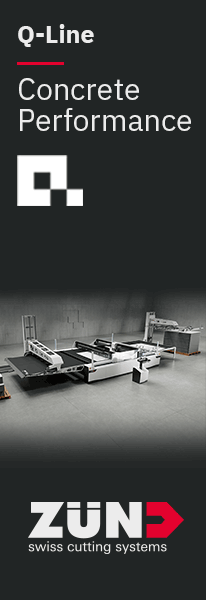The European Commission has published a record of 2017 site emissions of fossil carbon for energy and industrial sites across the European Union.
After allowing for changes in production levels, the figures show that the amount of EU ETS-reported carbon dioxide emitted by UK paper mills (per tonne of production) continues to fall – by around a third in just ten years. Actual emissions show a slight overall increase of 1.1%, caused by an increase in production of 4.8% over the same period.
Mills continue to focus on energy efficiency. Making paper is intrinsically energy intensive, and mills must deliver improved efficiency to remain competitive – energy inefficient mills simply cannot compete with more efficient competitors. All mills have energy managers and initiatives to identify and deliver energy savings through such measures as the use of new pumps, improved lighting, and better process controls. As well as these incremental changes, UK mills are also using highly efficient Combined Heat and Power (CHP) plants, making much of their own electricity, and also making productive use of heat normally wasted in conventional power generation.
Despite this continued progress, mills are increasingly short of allocations, with around half a million (or 28%) more required than supplied free of charge. Allowances are allocated to energy intensive installations to protect their competitive position compared to operators based outside the EU where carbon does not carry the same cost.
CPI Director General, Andrew Large, commented on the newly released figures. “It’s heartening to see our Members continuing to deliver carbon savings. However, there are real concerns that the Government does not appreciate the competitive damage caused by the recent threefold increases in the cost of carbon emission allowances. The cost of covering the shortfall in allocations will be around £5m this year – up from less than £2m last year. This is money that is no longer available for investment in growth and energy efficiency. As the Government decides how to manage EU ETS post-Brexit, then protecting the competitive position of UK industry must be at the forefront of their minds. New policies must help industry decarbonise and not lead to increased costs; otherwise future investment will be in jeopardy.”



